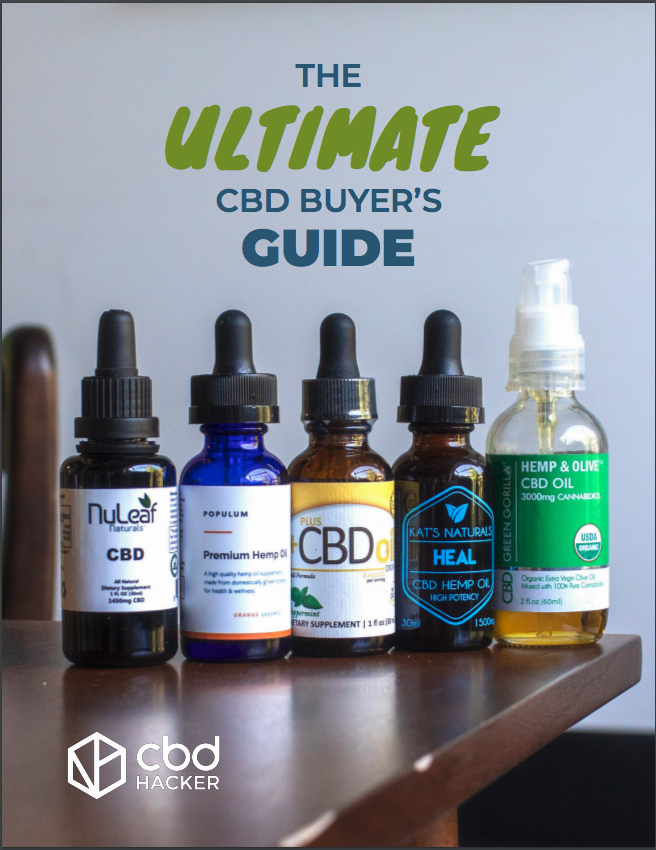Last week, California’s Department of Public Health released a statement essentially banning industrial hemp-derived CBD from being added to foods or sold as a supplement. But Rod Kight, a North Carolina-based attorney specializing in the cannabis industry, says that the CDPH has misinterpreted existing laws.
Also in California, the LA Times addressed misconceptions and false claims about the medical applications of cannabis this week, saying that the state has been flooded with “dubious health claims.”
In South Carolina, one family-owned, independent pharmacy is introducing CBD products to its customers. Carolina Forest Pharmacy hopes that offering high-quality CBD products will help fight the opioid epidemic. According to owner Sam Abraham:
We approached this decision with great caution. We approached it with a pharmacological perspective where we are looking at the receptors in your body and what kind of complaint you have and how we’re going to treat each and every individual patient, what other medication they are taking. So, it’s not like a one-size-fits-all. There is a difference in each patient and we approach that decision with great caution.
Meanwhile, in South Carolina’s Myrtle Beach, law enforcement is planning to begin testing CBD products for THC. According to Frank O’Neal, South Carolina Law Enforcement Division’s commander of narcotics, “If it tests positive at all for THC it’s considered marijuana.”
CannTrust, a Canadian producer of medical cannabis, will partner with Australia’s Gold Coast University Hospital in a clinical trial to determine CBD’s efficacy for ALS. This randomized, double-blind, placebo-controlled clinical trial will test CannTrust’s CBD oil capsules in patients with Amyotrophic Lateral Sclerosis (ALS) or Motor Neuron Disease (MND).
Researchers will evaluate how well CBD slows the disease’s progression or relieves symptoms like spasticity, pain, and weight loss. They will also look at patient safety, tolerability, and quality of life.
In Maine, the state’s House and Senate both voted to override Gov. Paul LePage’s recent cannabis-related vetoes.
With this action, the lawmakers passed a medical marijuana reform bill as well as a bill that establishes a new kind of license for manufacturers of cannabis extracts. This second bill will create a pathway to licensure for manufacturers who, for example, use carbon dioxide extraction to create CBD oils.
Cannabinoids derived from genetically engineered bacteria and yeast may be on deck to help scientists study the compounds, according to an article in Nature. As the fall of legal barriers make this research more feasible, biotech companies are anticipating a huge increase in demand for engineered CBD.
A study released last fall found that fewer than 1 in 10 medical schools teach students about medical marijuana, and 1 in 4 medical school deans say that their graduates are not prepared to answer questions about medical applications of cannabis. An editorial in STAT urges med schools to get with the times.
Although Canada has recently legalized cannabis nationwide, Canadians who work in the cannabis industry are finding themselves targeted by US border guards. Because the federal government classifies cannabis as a Schedule 1 substance, cannabis industry workers can be banned for life from entering the US.
And finally, Leafly published An Ode to CBD Dabs this week. This is a guide for those of us who find this method of CBD consumption to be a bit (or a lot!) intimidating.





